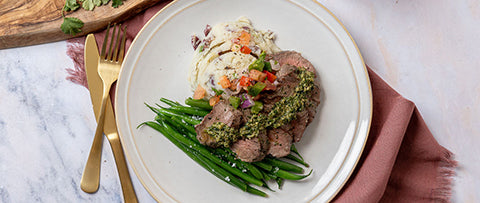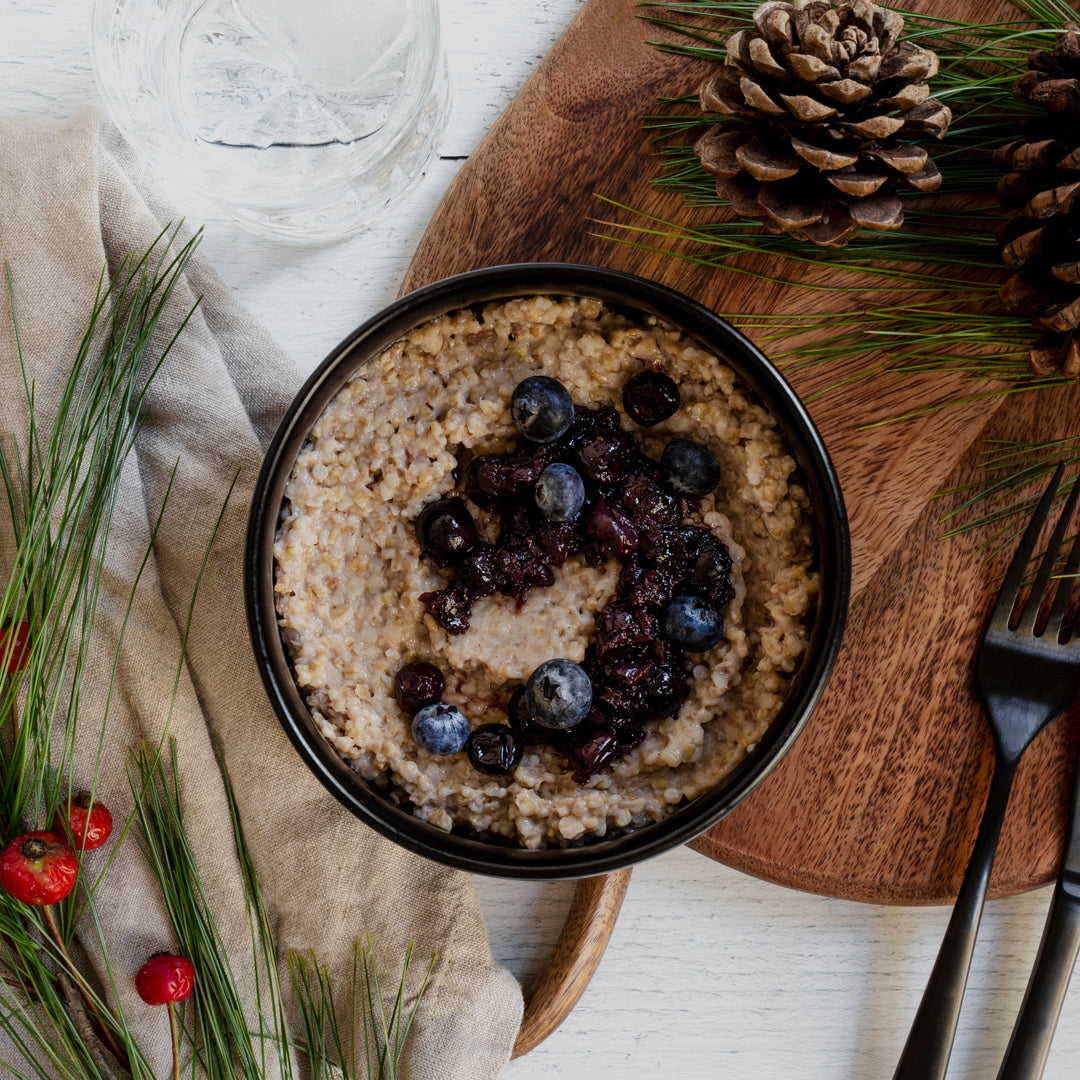Let's talk about gut health. Your gut is more complex than just digesting food and we often overlook the importance of keeping a healthy gut. Gut health refers to the balance of microorganisms, or bacteria, in your digestive tract.
You have many different kinds of microorganisms in your body. Most of them are beneficial like the microorganisms in your gut, which are known as “good bacteria.” They help to break down food, rid your body of toxins, absorb nutrients, keep a healthy balance of good and bad bacteria, and produce serotonin.
With these important roles it is vital that we take care of our gut because an unhealthy gut can negatively affect your immune system, weight, skin, hormone levels, ability to absorb nutrients, and your mood. When your body does not have enough good bacteria, bad bacteria can begin to take over.
Bacterial imbalance in your gut could present itself as unintentional weight changes, digestive issues such as irritable bowel syndrome, constipation, and heartburn, sluggishness, rashes, sleep issues, and sugar cravings.
One of the best ways to support a healthy gut is a healthy diet. The health of your gut is heavily influenced by the quality and types of foods you eat. When eating for gut health, you want to make sure that your diet includes three important components: fiber, prebiotics, and probiotics.
Fiber can be found in beans, whole grains, fruits and vegetables. Not only does it help to keep you regular but good bacteria love fiber and thrive off of it. FIber is slow digesting and regulates the speed at which food moves through your gut.
Prebiotics are nutrients that promote the growth of good bacteria and pretty much serve as food for good bacteria. They are necessary for good bacteria to flourish.
Probiotics are “good” bacteria like the ones already in your gut. They can help to fight bad bacteria that are present in processed and sugary foods that you may consume or bad bacteria from an infection when you are sick.
Below are some foods that you can try including in your diet to support a healthy gut:
Yogurt
Yogurt contains probiotics that can replenish the good bacteria in your gut. It is important to know that not all yogurt contains probiotics. When choosing a gut healthy yogurt, make sure to look for “live and active cultures” on the label. Yogurt is a great breakfast or snack that can be enjoyed with some fresh fruit, seeds, or granola.
Bananas
Bananas are a great source of fiber and prebiotics. They can help restore normal bowel function and prevent constipation and bloating. Bananas add a great flavor and natural sweetness to smoothies, oats, puddings, and baked goods. They are also a convenient and very affordable snack.
Whole Grains
Thanks to the fiber in whole grains, they contain prebiotics. They can provide a healthy balance of bacteria in your gut and also help fight gut inflammation. Some healthy whole grains include brown rice, quinoa, steel-cut oatmeal, and whole wheat pasta.
Kombucha
You may have seen Kombucha in our stores or near the produce section in the grocery store. It is a fermented tea that is full of naturally occurring probiotics (good bacteria). It is a refreshing drink with a vinegary taste that comes in a variety of flavors.
Peas
Just in case the importance of fiber isn’t stuck in your head yet...your gut needs fiber! Fruits and vegetables are loaded with fiber so the more you eat the better. Peas contain soluble and insoluble fiber that help to keep the bacteria in your gut balanced. You can add peas to salads, pastas, soups, rice bowls, or eat them by themselves as a side.
A healthy diet and a healthy gut go hand in hand. Fiber, probiotics, and prebiotics are the keys to supporting a healthy gut through diet as they promote the growth and balance of good bacteria. Remember, it is important to talk to your doctor or consult a dietitian when making certain changes to your diet.






